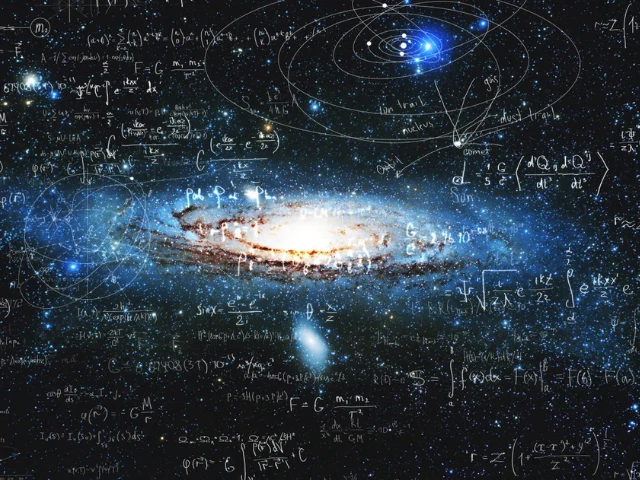Gravity may prove we live in computer simulation, according to physicist
Physicist claims gravity may be a cosmic code, supporting theory that the universe is a computer simulation.

A physicist from the University of Portsmouth has published a groundbreaking study proposing that gravity itself may be evidence we are living in a simulated universe.
The findings, released in the journal AIP Advances and selected for the journal’s ‘Editor’s Picks’, suggest that gravity could be the result of an underlying computational process.
Dr Melvin Vopson, from the university’s School of Mathematics and Physics, argues that the way information is structured within the universe may produce the force we understand as gravity.
This interpretation stems from the principles of information physics — a field that views physical reality as fundamentally composed of information.
“My findings fit with the idea that the universe might function like a giant computer,” said Dr Vopson.
“Just as computers aim to optimise storage and efficiency, the universe could be doing the same. Gravity, then, isn’t simply a force pulling things together — it might be a result of the universe trying to stay organised.”
Vopson’s theory hinges on what he terms the “second law of information dynamics”, which posits that matter naturally organises itself to minimise information entropy.
According to his model, space is made up of elementary units or “cells” capable of storing information in binary form: a cell with no matter registers as “0”, and one with matter as “1”. As matter accumulates in a single cell, the computational cost of tracking it decreases — effectively creating a pull between particles in space.
“This attraction isn’t mysterious,” he explained. “It’s a logical outcome of a rule in a computational system: the universe seeks the lowest possible information load. It’s more efficient to follow one object than many. So, particles are drawn together.”
The implications of Vopson’s theory stretch across theoretical physics, touching on black-hole thermodynamics, dark matter, dark energy, and even quantum information theory.
He suggests that if the universe operates as a simulation, then gravity might not be a fundamental force at all — but rather, a byproduct of cosmic information management.
This is not the first time Dr Vopson has challenged conventional views. His previous work explored the concept that information has mass, and that all elementary particles store self-descriptive data — a notion likened to the way cells contain DNA.
While the simulation theory has long been a topic of philosophical debate — and counts Tesla and SpaceX CEO Elon Musk among its popular proponents — Dr Vopson’s approach marks a rare instance of applying formal physics to the question.
Whether the universe truly is a simulation remains unresolved, but his study adds a compelling new layer to one of science’s most provocative hypotheses.




















COMMENTS
Comments are moderated and generally will be posted if they are on-topic and not abusive.
For more information, please see our Comments FAQ